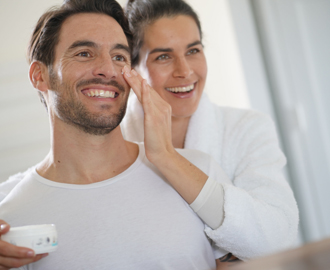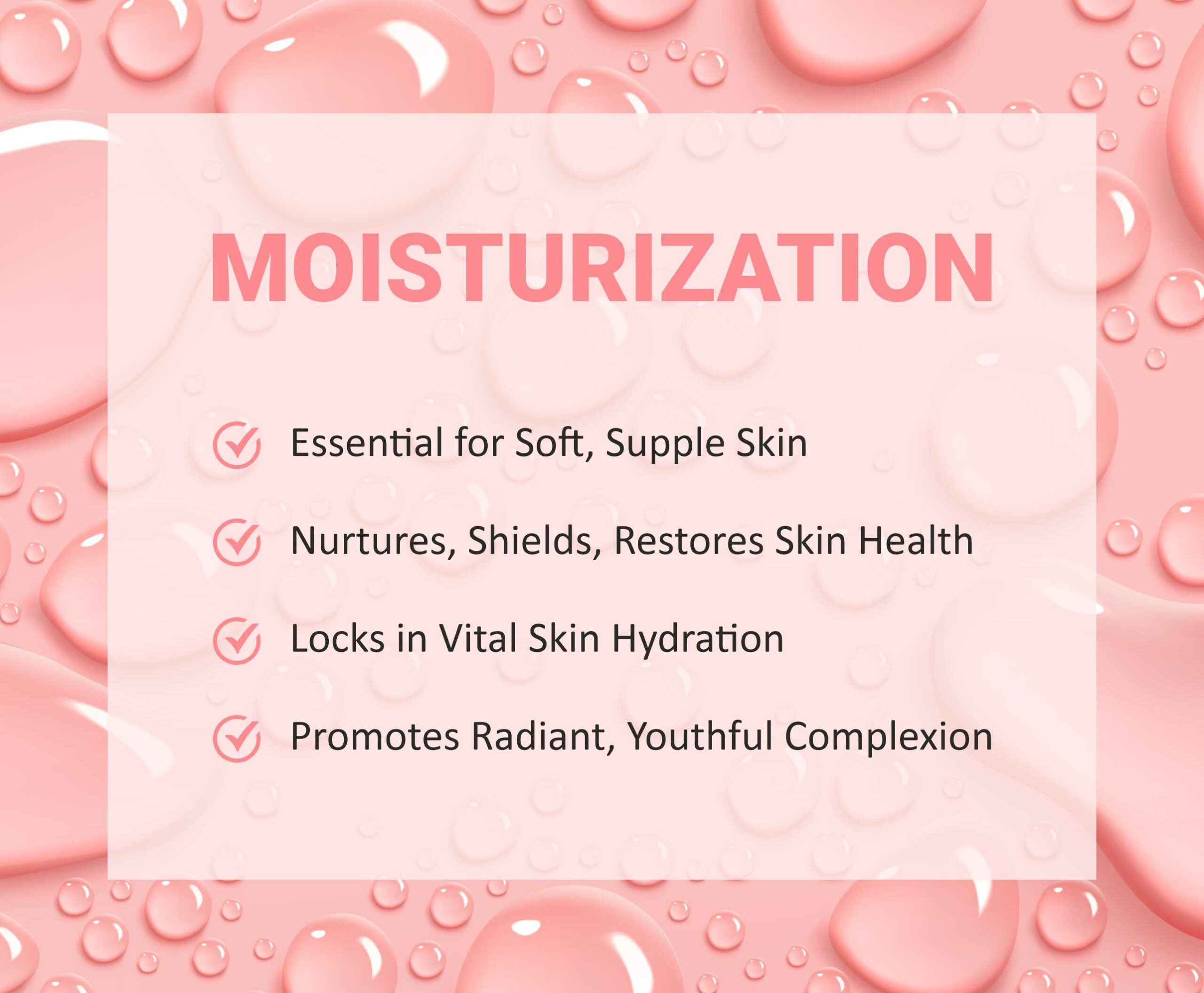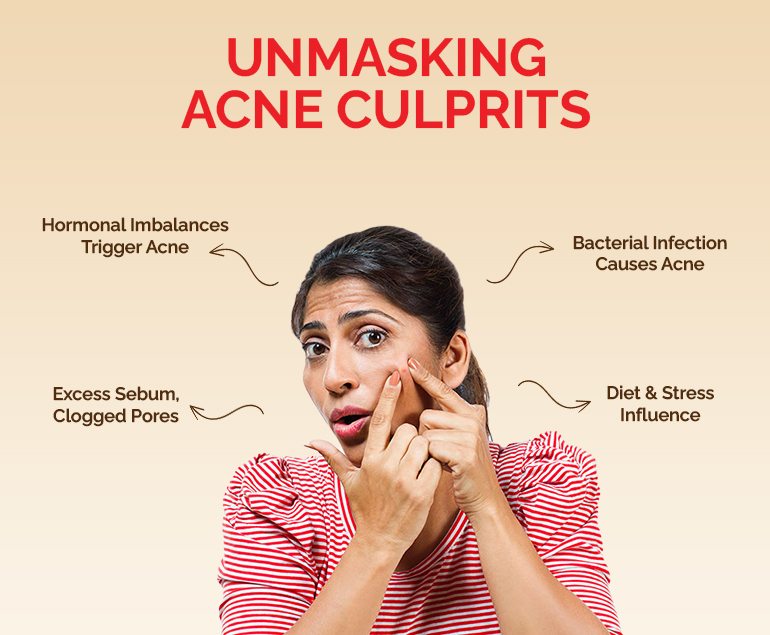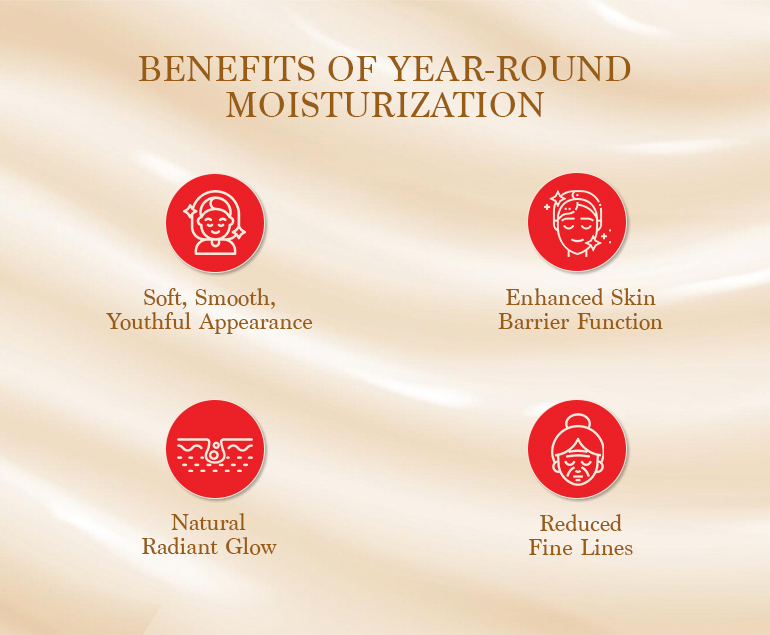Unveiling palmitoylethanolamide (PEA) – nature’s secret to radiant skin
In the bustling realm of skincare, there’s a silent hero that often goes unnoticed: Palmitoylethanolamide, or PEA. Let’s embark on an enlightening journey into the world of this natural compound and its remarkable role in nurturing your skin.
INTRODUCING PALMITOYLETHANOLAMIDE (PEA)
Ever heard of a substance that naturally occurs in your body and can work wonders for your skin? Meet Palmitoylethanolamide, or PEA for short. This fatty acid amide is a hidden gem in the world of skincare, and it is time we shine a light on its incredible benefits.
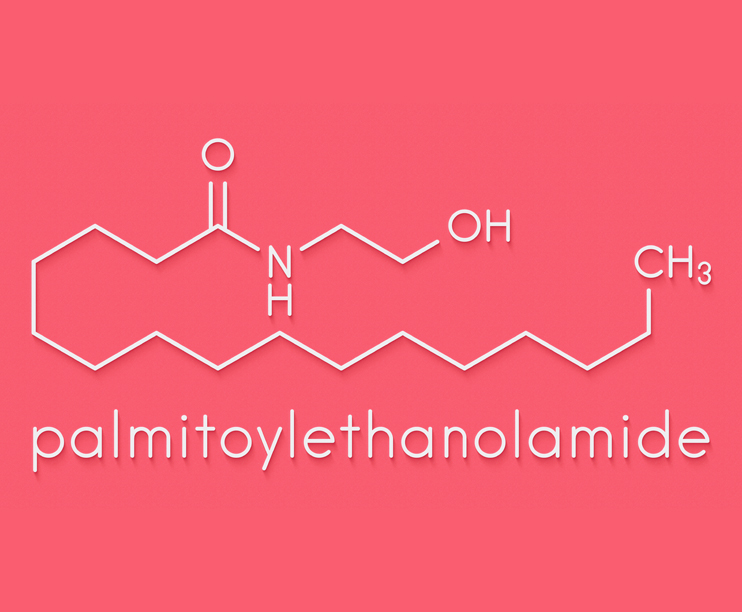
PEA is a naturally occurring bioactive lipid that plays a crucial role in various biological functions in our body. It’s found in small amounts in foods like eggs, peanuts, and soybeans. But the real magic happens when it’s applied to our skin.
THE SCIENCE OF PEA: HOW IT WORKS FOR YOUR SKIN
Beyond its known contributions to pain modulation and anti-inflammatory effects, PEA unveils its prowess as a potential game-changer in skincare. Compared with traditional emollients, regular application of a topical PEA emollient could improve both passive and active skin functions simultaneously.1
Anti-Inflammatory Champion: PEA’s anti-inflammatory nature plays a pivotal role in skincare, calming irritated skin and reducing redness or swelling caused by various skin conditions.
Skin Barrier Support: Acting as a shield, PEA aids in maintaining the skin barrier’s integrity, enhancing its ability to retain moisture and defend against external aggressors. Using a cream with PEA regularly can help make your skin work better. It improves how your skin stays hydrated and how it defends against problems.2
Soothing Sensitive Skin
PEA has been celebrated for its soothing properties. If you have sensitive skin that gets easily irritated, PEA can be a game-changer. It helps calm inflammation and reduces redness, making your skin feel comfortable and look more even-toned.2
Hydrating and Nourishing
PEA is not just about soothing and anti-aging. It’s also a fantastic hydrator. It helps strengthen your skin’s barrier function, locking in moisture and keeping your skin plump and hydrated.2
PEA IN SKINCARE PRODUCTS: THE QUIET REVOLUTION
Gentle Hydration: PEA-infused skincare products offer gentle, long-lasting hydration without clogging pores, catering to both dry and sensitive skin types.
Soothing Sensation: Embrace the soothing embrace of PEA-enriched formulations, known for their calming effects on irritated or sensitive skin, providing relief and comfort.
EMBRACING PEA: TIPS FOR INCORPORATING IT INTO YOUR ROUTINE
Choosing Products: Look for creams, serums, or lotions containing PEA as an active ingredient to experience its skin-nourishing benefits.
Patch Testing: Always patch test new products to ensure compatibility with your skin and to avoid any adverse reactions.
Consultation is Key: While PEA holds promise, consulting a dermatologist or skincare professional remains essential for personalized advice and recommendations tailored to your skin’s unique needs.
Embracing the PEA Power
Palmitoylethanolamide emerges as a natural ally in skincare, offering a blend of soothing, hydrating, and protective qualities. By incorporating PEA-infused products into your routine and embracing its nurturing properties, you pave the way for healthier, happier skin.
In this voyage through the world of skincare, PEA stands as a testament to nature’s wisdom—a gentle yet powerful solution for skin that radiates with vitality and well-being. Palmitoylethanolamide is a versatile and effective ingredient that deserves a spot in your skincare arsenal. Whether you’re dealing with sensitivity, itching or dryness PEA offers a natural and gentle solution. Give it a try and embrace the skin you’re in!

